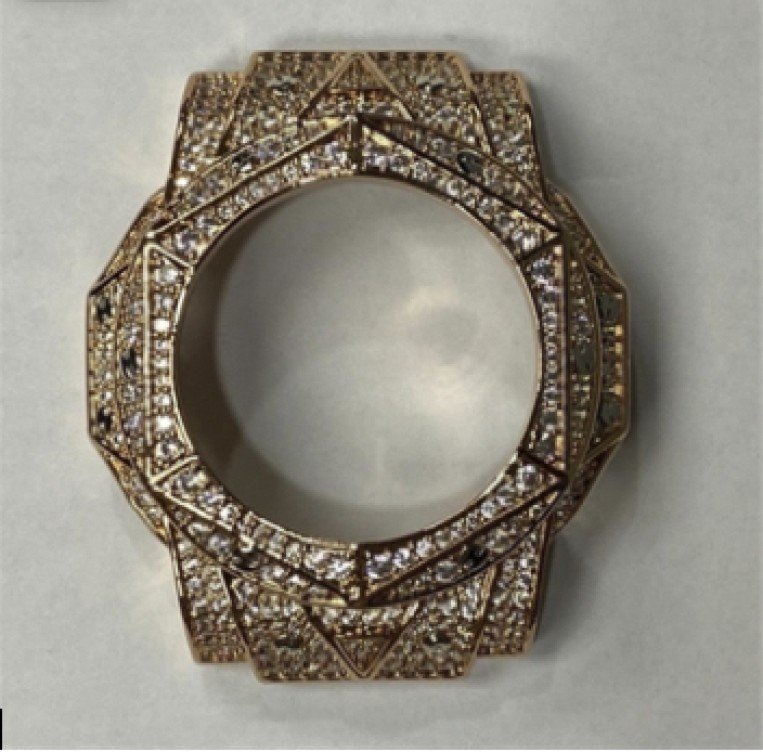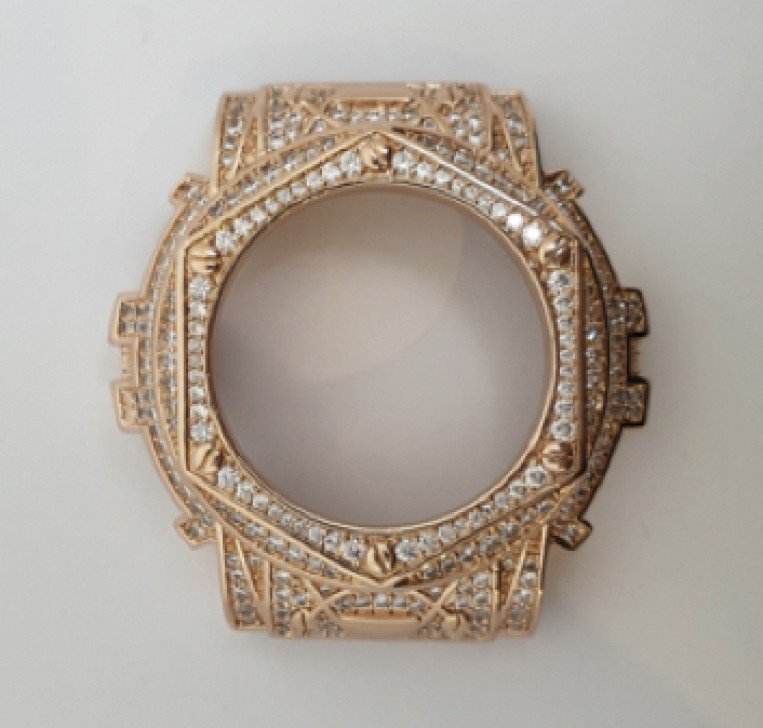Singapore: Revocation of registered design on grounds of lack of novelty
31 July 2023

In the recent case of Soon Ailing v. Chen & Partners (S) Pte. Ltd., the issue of revocation of a registered design application based on lack of novelty was examined. The dispute centred around Application No. 30202008442T filed on September 14, 2020, a registered design for a “Customized Watch Bezel” in Class and Subclass 10-07, held by Chen & Partners (the registered owner). Soon Ailing (the applicant), seeking revocation, argued that the design lacked novelty at the time of its registration.
The objection raised by the applicant was based on Section 5(2) of the Registered Designs Act 2000, which states that a design cannot be considered new if it is the same as a previously registered or published design, or differs only from such a design in immaterial details or in features, which are variants commonly used in the trade. The applicant, owner of a similar design, registered under Application No. 30201907269R for a “Watch case” in Class and Subclass 10-07 filed on November 4, 2019, raised doubts about the novelty of the registered design in question.

Application No. 30202008442T

Application No. 30201907269R
Although the registered owner initially denied the allegations, they failed to provide supporting evidence for their registered design. Rule 43(2) of the Registered Designs Rules dictates that if the registered owner fails to file evidence, they are deemed to have admitted to the facts alleged by the applicant.
The registered owner’s failure to file evidence led to the deeming provision being invoked. Consequently, the facts alleged by the applicant were deemed admitted. In this case, the lack of evidence from the registered owner resulted in the case being treated differently from typical scenarios where the initiating party of a revocation action bears the burden of proof.
Considering the sequence of events and the registered owner’s failure to provide evidence, revocation of the registered design was ordered. The design was deemed not new, and its registration was revoked with effect from its original registration date. The applicant was awarded costs of the action.
This case highlights the significance of adequately supporting a registered design application and the consequences of failing to meet evidentiary requirements. It serves as a reminder to design owners to diligently present their case with proper evidence to substantiate the novelty of their designs.









